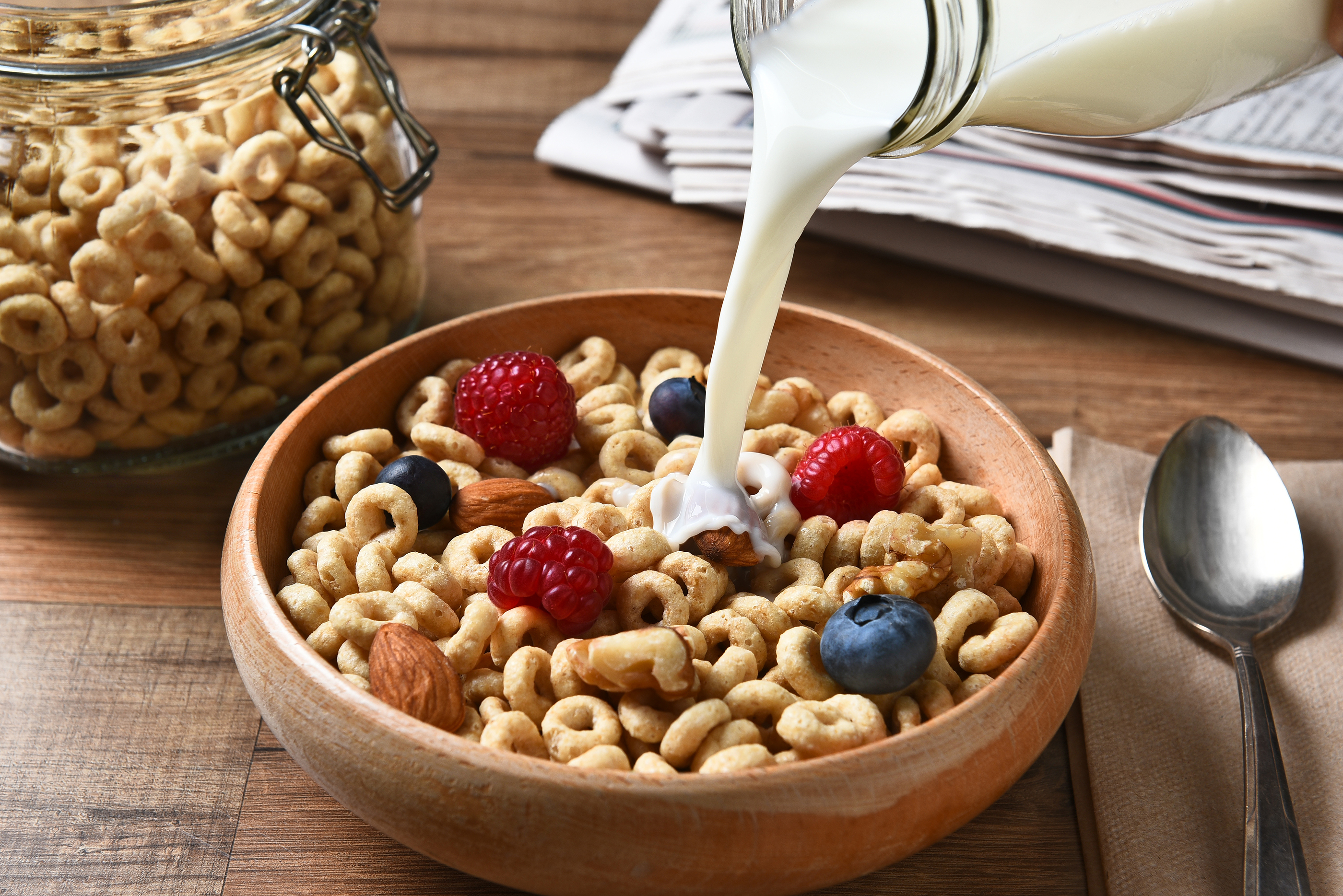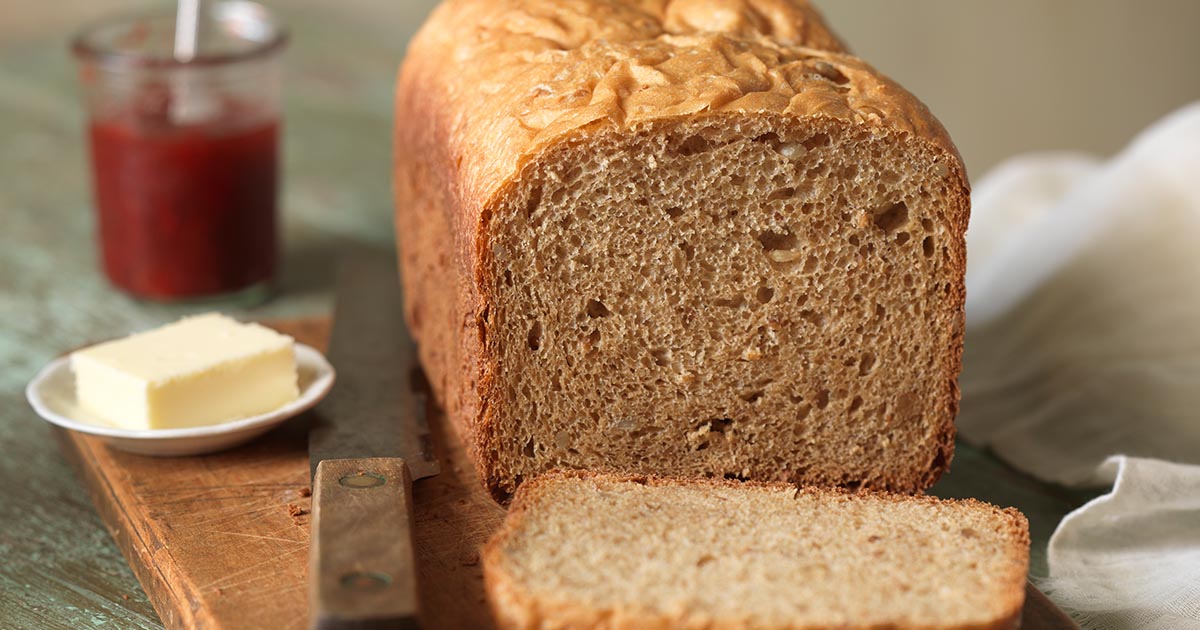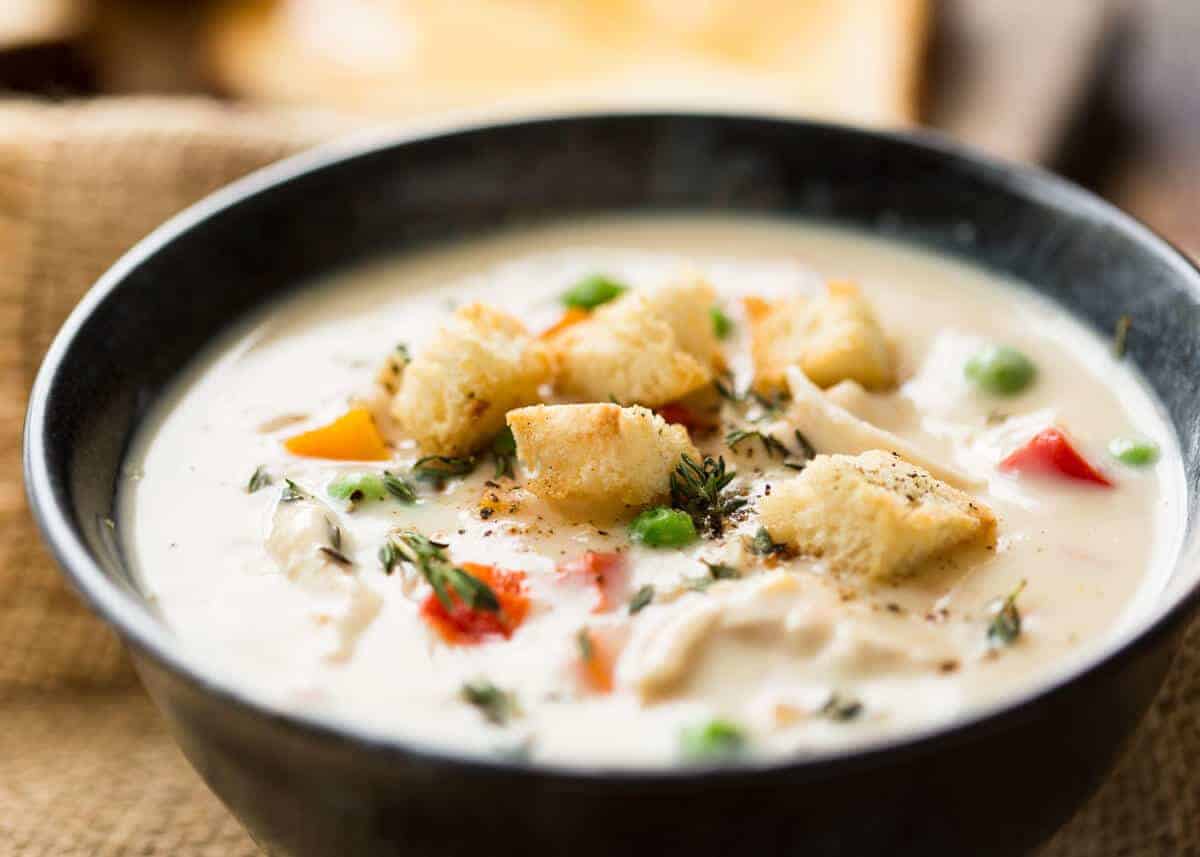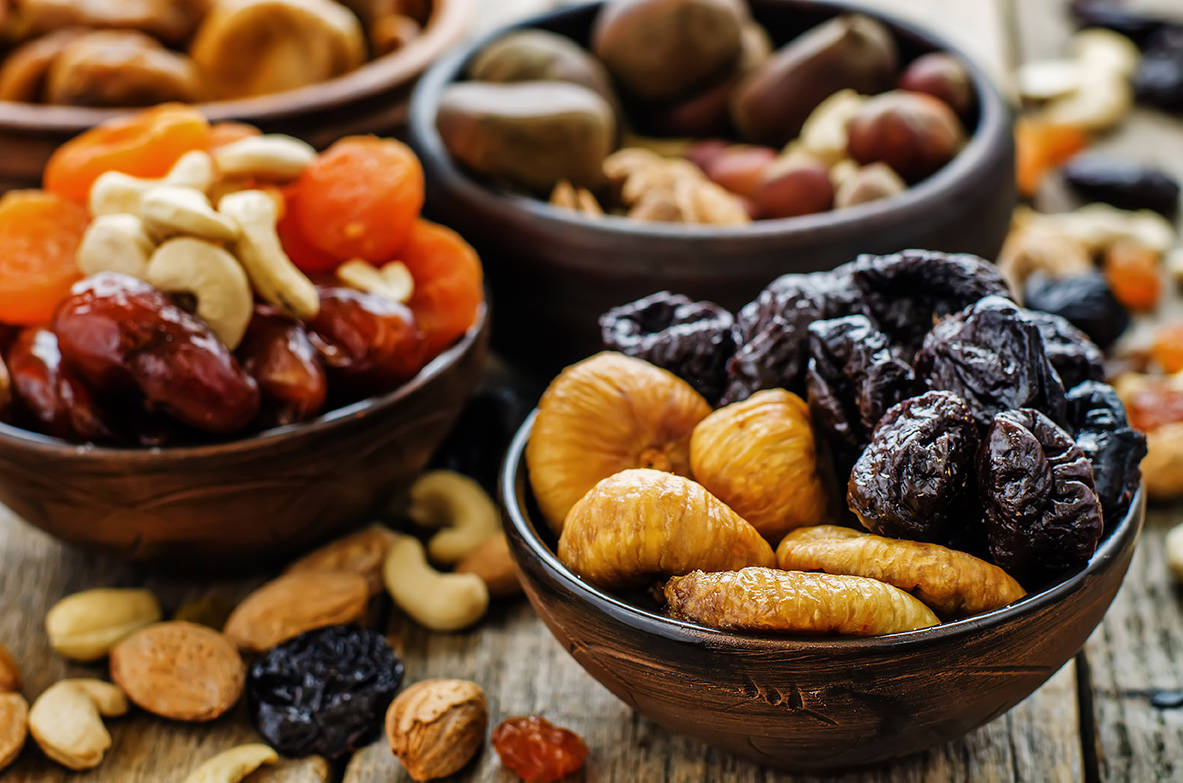
Is the health food aisle in the supermarket your go-to spot to pick up nutritious and healthy food? Do you snack on dried fruits when that 4pm hunger hits you? If the answer to both those questions are yes, you need to read this.
A lot of products that are advertised to be healthy can be extremely unhealthy when consumed in large quantities. Apart from their impact on your overall fitness, they could also have some serious health consequences. Also, it’s easy to lose track of quantities when bingeing on these so-called healthy foods.
Here’s a list of 10 food items that are actually not very healthy. If your daily diet includes any of these, you are only making it tougher for yourself to reach your weight loss and fitness goals.
Breakfast cereals:

Is corn flakes or cereals your preferred choice of breakfast? You need to rethink your meal plan to make it more nutritious. “Cereals and corn flakes are touted as healthy, but they are highly processed foods and devoid of any nutritive value. Processed food is overheated to make it suitable to store for longer periods. They are laced with sugar, which gives them a high glycemic index (GI),” says Prashant Wadhawan, consulting nutritionist, Viiking Trance fitness by Sachiin Joshi.
Brown bread:

Did you know that most commercial brown bread available in the market has tonnes of hidden sugar in it. And that’s what gives it the colour too. According to Shradha Khanna, head nutritionist, The Food Analysts, a Whatsapp based calorie counting service, some of these are regular white bread that are coloured brown by using chemicals. “The addition of refined flour and yeast tends to dehydrate the body,” she says.
Oat cookies:

Though oats is considered to be one of the best sources of complex carb with low GI, the processed version destroys the structure of the grain. “And the combination of shortening agent, sugar and butter makes it a fat storing combination,” adds Khanna.
Low fat snacks:

Though these are marketed as low fat, they contain lots of sugar, salt (both of which are used to preserve it). “In order to make these tasty, their makers tend to pour ingredients like sugar, salt, additives, enhancers, thickeners which add up calories and toxins levels in the body,” adds Khanna.
Milk:

This might come as a shock, but milk that’s packaged to be stored for longer shelf life is unhealthy. “Treatments such as pasteurisation and UHT (Ultra High Treatment) change the molecule of the milk and removes most nutrients,” says Wadhawan. So, what’s the alternative, we ask. “Raw milk is a better option and boiling it will prevent bacterial contamination,” he adds.
Packaged fruits and vegetable juices:

Fruits are a great source of fibre, but juicing takes away that element from it. The packaged variety comes loaded with sugar.
Protein bars:

According to Khanna, a lot of protein bars are just processed bricks of artificial ingredients and fillers. “You do not want to grab these as snacks, and if it has over 200 calories and more than 8 grams of sugar. So, just leave it on the shelf,” she says.
Soups in restaurants and from packets:

Recently, a popular food brand launched a meal replacement soup for those times when hunger comes knocking. In fact, it roped in a bunch of fitness and food “influencers” to promote it on their social media handles. However, anything that comes in a packet can never be healthy and should be avoided. Khanna agrees. “Most of these soups are made with excessive amounts of sodium. It also contains unhealthy amounts of fat, including saturated fat coming from butter,” she says.
Diet coke:

This one’s a favourite with healthy food freaks. Even though the sugar content in these drinks might be zero, the caffeine and soda content remains the same. “Caffeine dehydrates and soda leaches out calcium from the bone. Moreover, the sweeteners added to cover up sugary taste cause changes in the acidity levels of the body that makes you crave more food,” says Khanna.
Dried fruits:

Though fruits contain fibre, Khanna warns that these also have added sugar and sulphur to keep them preserved for longer duration. Feel like you’re doomed? Not really. Opt for fresh fruits over dried fruits.
[“source=hindustantimes”]